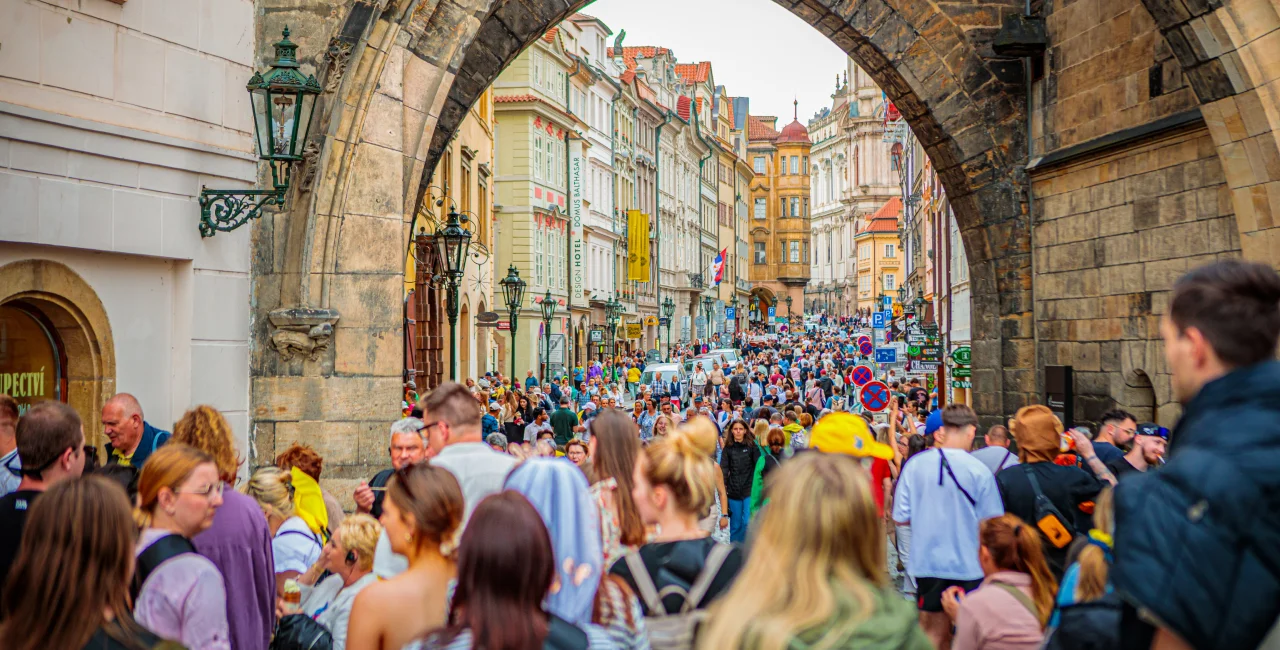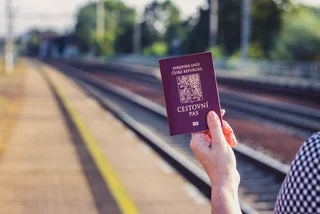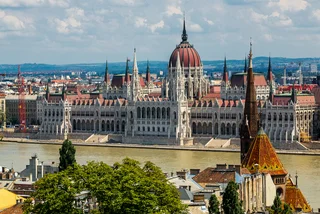Prague city councillors have issued a formal appeal to the Czech Chamber of Deputies to pass new legislation aimed at curbing unregulated tourist accommodation in residential buildings, warning that unchecked short-term letting is hollowing out the city center and straining essential services.
The move aligns Prague with a broader European trend: last week, Spanish authorities ordered the removal of over 65,000 non-compliant listings from platforms such as Airbnb, citing widespread breaches of licensing rules and a direct link to worsening housing affordability in major urban centres.
Concerns are mounting in Prague that a similar pattern is unfolding. More than 8,000 active Airbnb listings are currently on the market, and city officials estimate the total number of short-term rental beds could be as high as 80,000.
Meanwhile, long-term residents in districts such as Prague 1 report constant noise, disrupted sleep, overflowing bins, and a steady erosion of local community life.
Effects on local population 'devastating'
“The impacts of this type of accommodation are devastating and have a severe effect on the daily lives of people who live here full-time,” said city councillor Martin Sedeke of the Spolu pro Prahu (Together for Prague) coalition, speaking to Novinky.cz.
The proposed legislation, dubbed the Tourism Act, would require all short-term accommodation providers to register and obtain formal approval from local authorities. It would also give municipalities and building departments access to an official register of providers.
According to Terezie Radoměřská, mayor of Prague 1, access to such information is essential to ensure proper cleaning, infrastructure, and security.
The appeal was approved by a wide margin—53 city representatives voted in favor—but support in Parliament is less certain. Lawmakers with links to the tourism industry have voiced opposition, and critics warn that too much regulation could stifle small business owners.
According to Prague councillor Jiří Pospíšil, the move isn’t about restricting business, but supporting local entrepreneurs who follow the rules and for whom unregistered accommodation providers are unfair competition.
Last year, over eight million tourists stayed in Prague’s hotels and guesthouses. City officials estimate that figure undercounts the total number of visitors by at least a million, many of whom opt for private holiday flats booked through digital platforms.
The Czech Chamber of Deputies is expected to debate the Tourism Act next week.












 Reading time: 2 minutes
Reading time: 2 minutes 




























